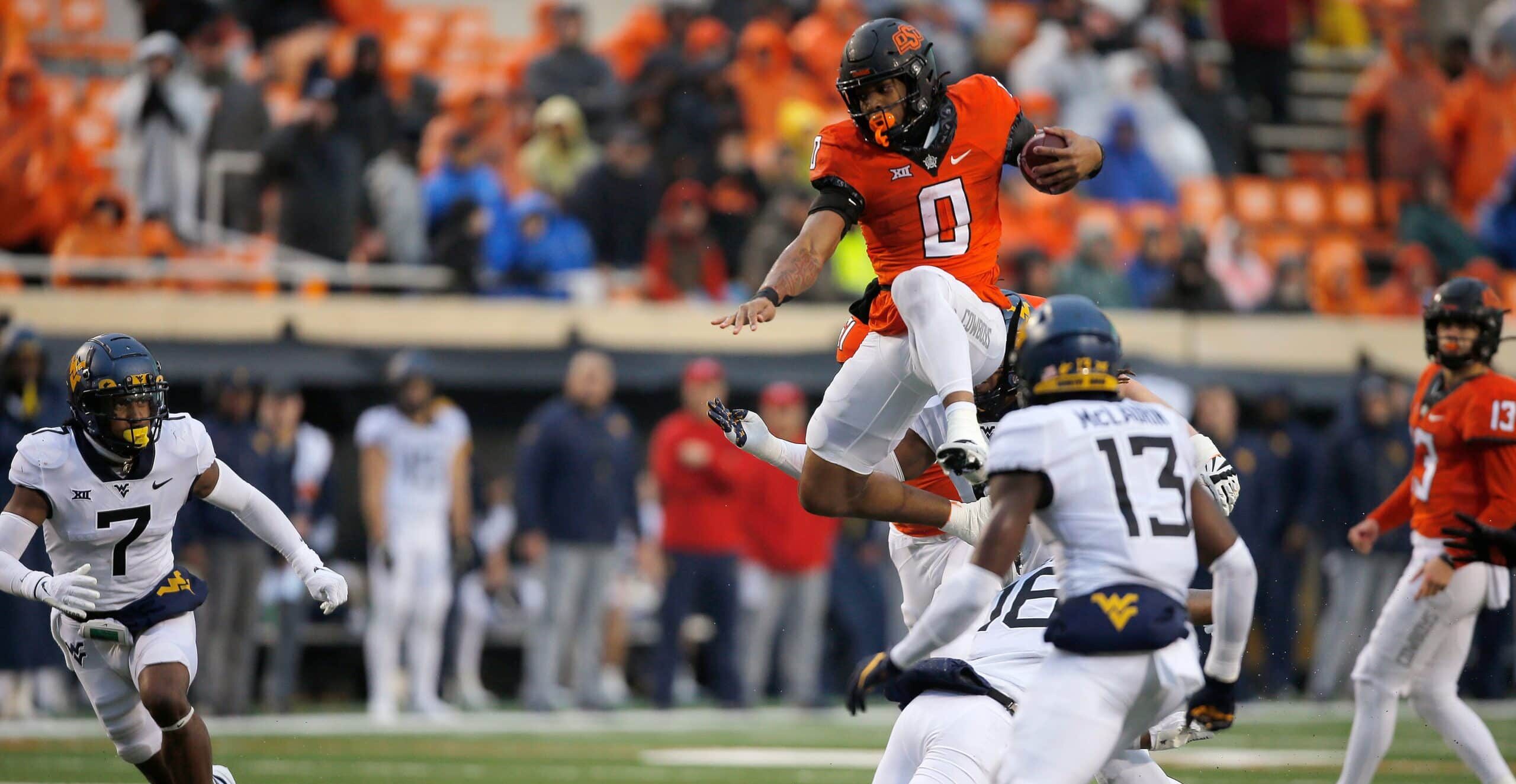The NCAA has sent schools a name, image, and likeness memo that attacks several actions schools are currently taking, and effectively asks schools to place NCAA rules above state laws. The memo was obtained and published by Sports Illustrated.
In recent months, multiple states have introduced or passed NIL laws that make it illegal for the NCAA to investigate and punish schools in their jurisdiction for taking certain NIL actions. The NCAA, however, is suggesting schools follow its rules even if they’re unenforceable in a state’s jurisdiction.
The reasoning: “Schools who do not like the application of a particular rule should work through the NCAA governance process to change the rule,” the memo stated. In other words, if you don’t like the rules, you can change them or leave the NCAA.
“I think that the NCAA essentially challenging the schools to leave the ‘voluntary membership’ if they don’t agree to follow these piecemeal rules is hubristic and will backfire,” University of Minnesota law school adjunct professor Tarun Sharma told FOS.
The memo notes entities that are “so closely aligned with an institution that it is viewed as an extension of the university” are not allowed to offer NIL deals. That’s a veiled gesture at NIL collectives that are now part of athletic department fundraising arms, like the 12th Man+ Fund at Texas A&M.
Schools can’t provide “benefits” to boosters or donors — like tickets or suite access — in exchange for NIL collective money. Texas, for example, would be violating this rule given that its official fundraising arm, the Longhorn Foundation, plans to offer a “point system” for priority tickets to donors based on how much they contribute to the Texas One Fund collective.
The NCAA also reiterated a prohibition on athletic department officials “facilitating” or “negotiating” NIL deals for athletes or deals contingent upon the school an athlete attends, or the city they live in.
Schools are now in an extremely difficult position, caught between rules of a membership organization they no longer want to follow, and state laws that promise to protect them.
NIL attorney Darren Heitner told FOS: “The only appropriate guidance is to follow the law, not an arbitrary private association’s rule that is in direct conflict with that law.”
Schools could ignore the NCAA’s rules in the hopes that the governing body won’t try to enforce them. But if the NCAA issues punishments, schools would have to go to court to protect themselves.
“The lawyer in you would say, ‘Hey you’re protected by state law,’” sports attorney and NIL expert Dan Lust told FOS. “On the other hand, you have your experiences following college sports — that says if the NCAA is saying they’re going to punish schools, they have a long history of doing it. That means you could be in a situation where you’re protected by state law, but you’re being punished by the NCAA, and dealing with the public relations fallout of being punished.
“It’s a really high stakes game of chicken at this point.”
The NCAA does have one legal avenue to try to take down state laws, rather than just asking its schools to ignore them, according to Boise State sports law professor Sam Ehrlich.
The NCAA could try to get courts to strike down certain state NIL laws based on the argument that they “unduly interfere with interstate commerce.”
Though Ehrlich added: “The NCAA must feel that this is a bad argument either legally or politically, and so they haven’t pursued it. But that’s their avenue if they want to take it.”




![[Subscription Customers Only] Jun 15, 2025; Seattle, Washington, USA; Botafogo owner John Textor inside the stadium before the match during a group stage match of the 2025 FIFA Club World Cup at Lumen Field.](https://frontofficesports.com/wp-content/uploads/2026/02/USATSI_26465842_168416386_lowres-scaled.jpg?quality=100&w=1024)

![[Subscription Customers Only] Jul 13, 2025; East Rutherford, New Jersey, USA; Chelsea FC midfielder Cole Palmer (10) celebrates winning the final of the 2025 FIFA Club World Cup at MetLife Stadium](https://frontofficesports.com/wp-content/uploads/2026/02/USATSI_26636703-scaled-e1770932227605.jpg?quality=100&w=1024)











